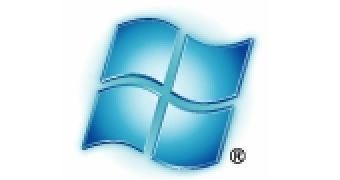Microsoft’s Cloud bazaar, that streamlines the selling of Windows Azure applications and services, as well as additional offerings, is now available to more customers than even before.
The Windows Azure Marketplace has expanded to no less than 26 countries around the world, according to the Redmond company.
In all fairness, the software giant revealed that this expansion would happen in mid-September 2011 at its BUILD conference, so Microsoft is really just living up to its promise.
“With this release we have delivered on a promise to our ISVs to have a global marketplace for cloud applications and data with secure commerce platform,” a Microsoft partner stated.
Defined as a “one-stop shop for premium data and applications,” the Windows Azure Marketplace offers hundreds of apps, thousands of subscriptions, and trillions of data points, according to Microsoft.
This because in addition to apps and services, the Marketplace also offers building block components and datasets.
Not only will Independent Software Vendors (ISVs) in 26 markets be able to leverage the Windows Azure Marketplace in order to sell apps and data, but they’ll get to use their own currency.
The Marketplace’s expansion also means that a total of 17 currencies are supported, including: USD, EUR, CAD, CZK, DKK, HUF, NOK, PLN, SEK, CHF, GBP, AUD, HKD, JPY, MXN, NZD, SGD.
Here is the list of countries supported by the Windows Azure Marketplace: US, Austria, Belgium, Canada, Czech, Denmark, Finland, France, Germany, Hungary, Ireland, Italy, Netherlands, Norway, Poland, Portugal, Spain, Sweden, Switzerland, UK, Australia, Hong Kong, Japan, Mexico, New Zealand, Singapore.
“ISVs have an option to select the specific countries they would like to sell their apps in or just pick worldwide audiences. ISVs do not have to worry about taxes or any other local issues while transacting and selling their apps in all the countries. ISVs get a benefit of demand they will get through a single online marketplace for cloud apps and data,” the Microsoft partner added.

 14 DAY TRIAL //
14 DAY TRIAL //